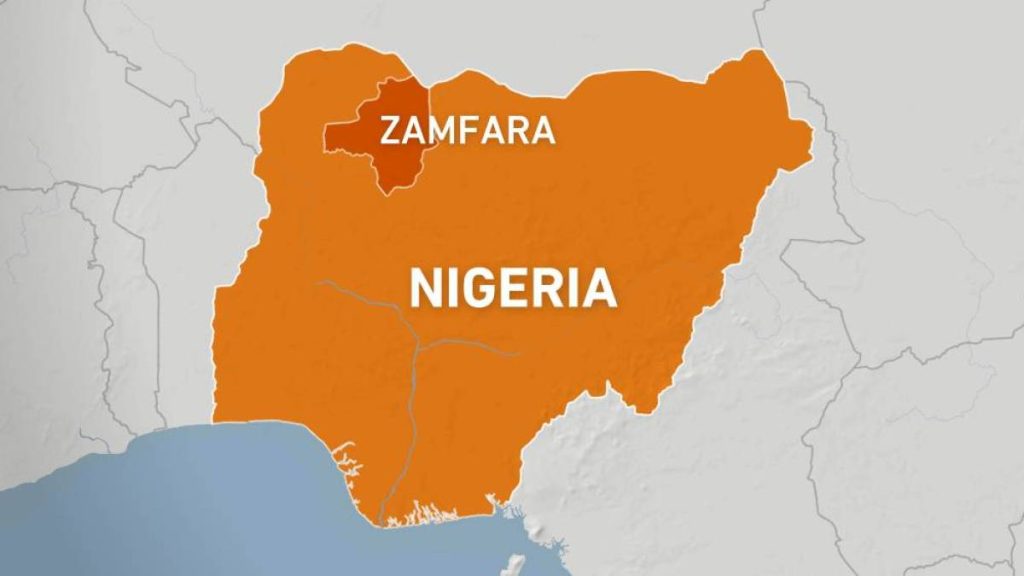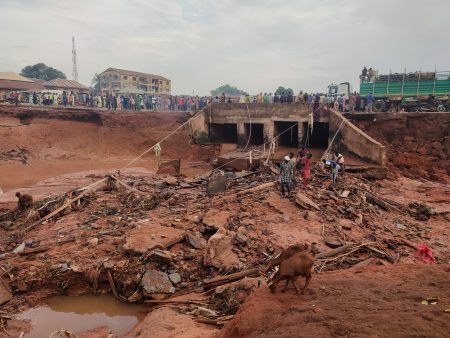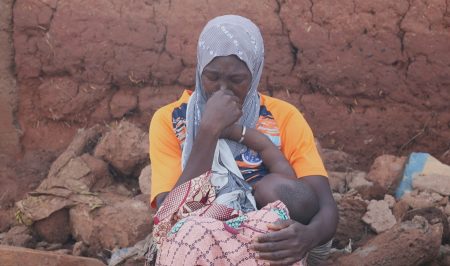The unsettling specter of mass kidnappings continues to haunt northwestern Nigeria, as armed men abducted dozens of women and children in the village of Kafin Dawa, Zamfara State. The incident, which occurred on Sunday, involved gunmen carrying assault rifles systematically going door to door, terrorizing residents and seizing their loved ones. Eyewitness accounts paint a chilling picture of fear and chaos, with the sound of gunshots echoing through the village as the kidnappers carried out their operation. While conflicting reports place the number of abducted individuals between 43 and over 50, the consensus remains that a significant number of women, both married and young girls, were taken captive. Local authorities have responded by deploying additional security forces to the area, but the incident underscores the persistent vulnerability of communities in the region to such attacks.
This latest kidnapping is not an isolated incident. Northwest Nigeria has been grappling with a surge in abductions for ransom, often perpetrated by armed groups known locally as bandits. These criminal enterprises thrive amidst the socioeconomic challenges plaguing the region, including widespread poverty, high unemployment rates, and the easy availability of illegal firearms. The lack of economic opportunities and the pervasive sense of insecurity push many individuals towards joining these bandit groups, creating a vicious cycle of violence and instability. The porous borders and weak governance further exacerbate the problem, allowing these groups to operate with relative impunity.
The tactics employed by these bandits often mirror those used by other armed groups operating in Nigeria, notably Boko Haram. The infamous Chibok schoolgirl kidnapping in 2014, where Boko Haram abducted 276 female students, brought international attention to the issue of mass abductions in Nigeria. While Boko Haram primarily operates in the northeast, the methods used by bandits in the northwest, such as targeting schools and vulnerable communities, bear striking similarities. This suggests a possible diffusion of tactics and a growing trend of exploiting the vulnerability of civilians for financial gain or political leverage.
The recurring nature of these kidnappings highlights the urgent need for a comprehensive and multi-faceted approach to address the root causes of the problem. While immediate security responses, such as deploying additional forces, are necessary, they are insufficient to tackle the underlying drivers of insecurity. Addressing the socioeconomic challenges that fuel banditry, including poverty and unemployment, is crucial. This requires substantial investment in education, job creation, and social programs aimed at empowering communities and providing alternative livelihoods. Furthermore, strengthening governance and improving border security are essential to disrupt the flow of illegal firearms and restrict the movement of these armed groups.
The psychological and emotional toll of these kidnappings on the victims, their families, and the affected communities is immense. The trauma of being abducted, the uncertainty of their fate, and the fear of violence linger long after their release, if they are released at all. Many victims face challenges reintegrating into their communities, struggling with the psychological scars left by their ordeal. Providing psychosocial support and trauma-informed care to victims and their families is crucial for healing and recovery. Furthermore, fostering community resilience and promoting social cohesion are essential to rebuilding trust and restoring a sense of normalcy in the aftermath of these traumatic events.
The international community also has a role to play in supporting Nigeria’s efforts to combat banditry and address the root causes of insecurity. This includes providing technical assistance and financial support for security sector reform, promoting good governance, and investing in development programs that address poverty, unemployment, and inequality. Collaboration between Nigeria and its neighbors is also crucial to address cross-border crime and prevent the proliferation of illegal firearms. Ultimately, a concerted and sustained effort by the Nigerian government, supported by the international community, is needed to break the cycle of violence and insecurity that has plagued the northwest and other regions of the country. Only then can communities live free from the fear of abduction and violence, and children can attend school without the threat of being taken from their families.










